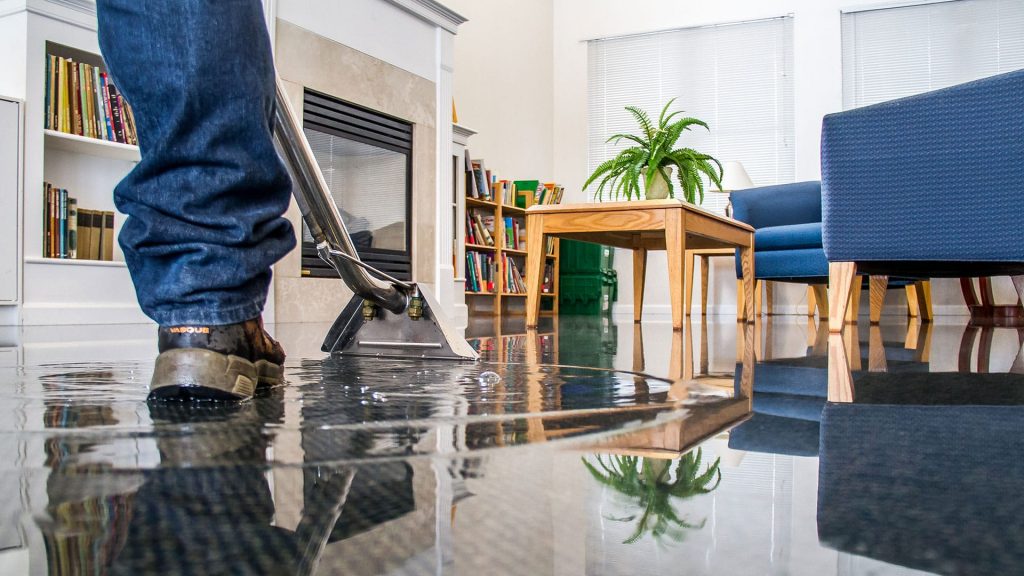
Water damage can be a homeowner’s worst nightmare, causing extensive damage to property and requiring costly repairs. Fortunately, there are several preventive measures homeowners can take to reduce the risk of water damage and protect their homes. In this article, we will discuss essential tips for homeowners to prevent water damage and ensure the long-term integrity of their properties.
Regular Maintenance and Inspections: Regular maintenance is crucial for identifying potential issues before they escalate into major problems. Inspect your home periodically, paying close attention to areas prone to water damage such as roofs, gutters, and downspouts. Ensure that gutters and downspouts are clear of debris and functioning properly to direct water away from your home’s foundation.
Proper Landscape Grading: The grading around your home plays a significant role in preventing water damage. Ensure that the ground slopes away from your foundation, directing water away from the structure. Improper grading can lead to water pooling near the foundation, increasing the risk of water seepage into the basement or crawl space.
Maintain Your Roof: A well-maintained roof is essential for preventing water damage. Regularly inspect your roof for damaged or missing shingles, cracked flashing, or any signs of wear and tear. Address any issues promptly to prevent water from infiltrating your home during heavy rain or storms.
Install a Sump Pump: If you have a basement or crawl space prone to flooding, consider installing a sump pump. A sump pump can help prevent water damage by automatically removing water from these areas and redirecting it away from your home.
Check for Plumbing Leaks: Plumbing leaks can go undetected for a long time, causing significant water damage. Regularly inspect your plumbing fixtures, pipes, and connections for any signs of leaks, such as dripping faucets, water stains, or mold growth. If you notice any leaks, have them repaired immediately to prevent further damage.
Maintain Appliance Connections: Appliances such as washing machines, dishwashers, and refrigerators with ice makers can be sources of water damage if not properly maintained. Regularly check the connections and hoses for signs of wear or leaks. Replace any worn-out or damaged hoses and ensure a tight connection to prevent water leaks.
Install Water Leak Detection Systems: Water leak detection systems can provide an extra layer of protection by alerting you to potential leaks or water damage. These systems use sensors to detect water and can send notifications to your smartphone or trigger an alarm when water is detected.
Know the Location of Shut-Off Valves: In case of a water emergency, it is crucial to know the location of shut-off valves for your main water supply and individual fixtures. Familiarize yourself with how to turn off the water supply quickly to mitigate damage in case of a burst pipe or leak.
Insulate Pipes: Insulating exposed pipes, especially in colder climates, can prevent them from freezing and bursting during winter months. Frozen pipes can cause extensive water damage when they thaw, so proper insulation is vital.
Educate Your Family: Lastly, educate your family members about water conservation and responsible water usage. Encourage them to report any water-related issues promptly to prevent potential water damage.
In conclusion, preventing water damage is crucial for homeowners to protect their properties and avoid costly repairs. By implementing these essential tips, such as regular maintenance and inspections, proper landscape grading, and installing preventive systems like sump pumps and water leak detectors, homeowners can significantly reduce the risk of water damage. Remember, being proactive and addressing potential issues promptly is key to maintaining a water damage-free home for years to come.
